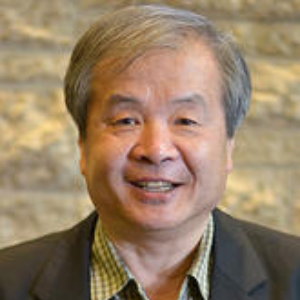Dementia is a syndrome characterised by a chronic or progressive brain disorder in which numerous higher cortical functions, such as memory, thinking, direction, understanding, computation, learning ability, language, and judgement, are disrupted. The state of consciousness is clear. Dementia primarily affects the elderly; just 2% of cases begin before the age of 65. After that, every five years of age increases the incidence by a factor of two. Dementia is one of the most common causes of later-life disability. In the elderly, neurodegenerative processes affect the brain, resulting in gradual, incapacitating cognitive, behavioral, and motor dysfunctions that eventually lead to dementia. The presence of neurological symptoms, which could act as early indicators of dementia and predictors of mortality, is likely to precede fully evident dementia.
- Neurological Signs as Early Determinants
- Impact of Dementia
- Psychiatric Aspects of Dementia

Yong Xiao Wang
Albany Medical College, United States
Nazneen N Dewji
Cenna Biosciences Inc, United States
Bin Hu
University of Calgary, Canada
James S Maniscalco
Northwell Health Staten Island University Hospital, United States
Nicholas Kendrick
Kaiser Permanente Mid Atlantic Permanente Medical Group, United States
Alford Madeline
CESPU University, Portugal
Charikleia Karastamati
University of Pavia, ItalySubmit your abstract Today
Important Alert:
X

Title : Early clinical development of modified P8 for the treatment of alzheimer’s disease
Nazneen N Dewji, Cenna Biosciences Inc, United States
Title : Who cares for the carers
Jacqueline Tuppen, Cogs Club, United Kingdom
Title : Memory should be the primary endpoint in early AD
Matthias W Riepe, Ulm University, Germany
Title : Down’s syndrome (trisomy 21) and alzheimer disease: A common medical and scientific fight
London Jacqueline, Paris Diderot University, France
Title : Quality of life children with autism spectrum disorder
Zhenhuan Liu, Guangzhou University of Chinese Medicine, China
Title : Efficacy of transcranial photobiomodulation in mild cognitive impairment and early alzheimer’s Disease: A randomized controlled study
Hyelim Chun, St.Peter’s General Hospital, Korea, Republic of